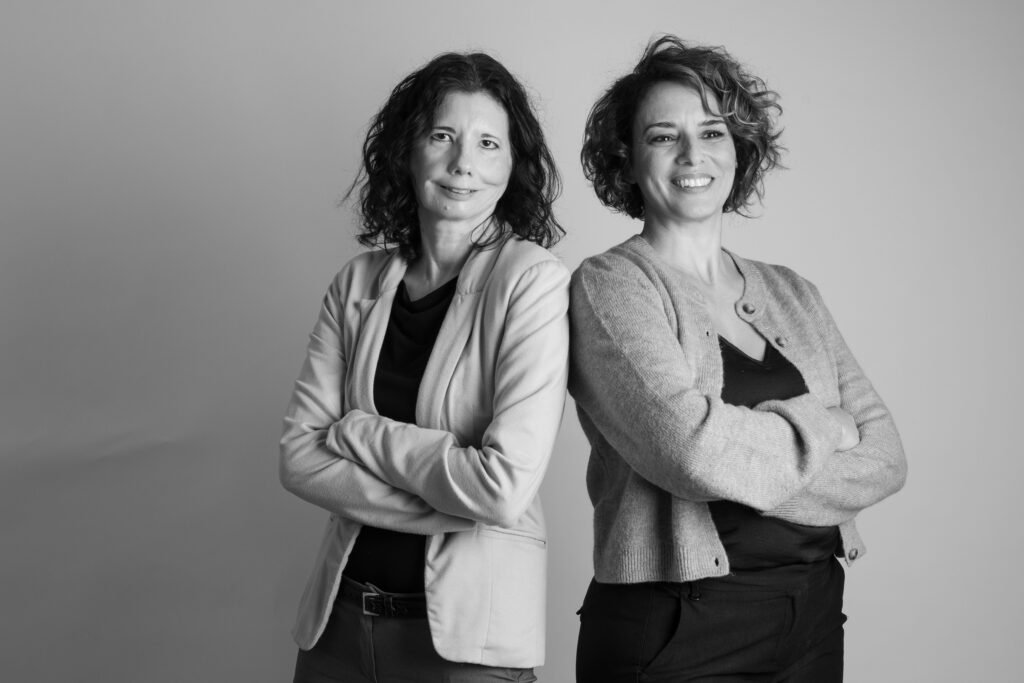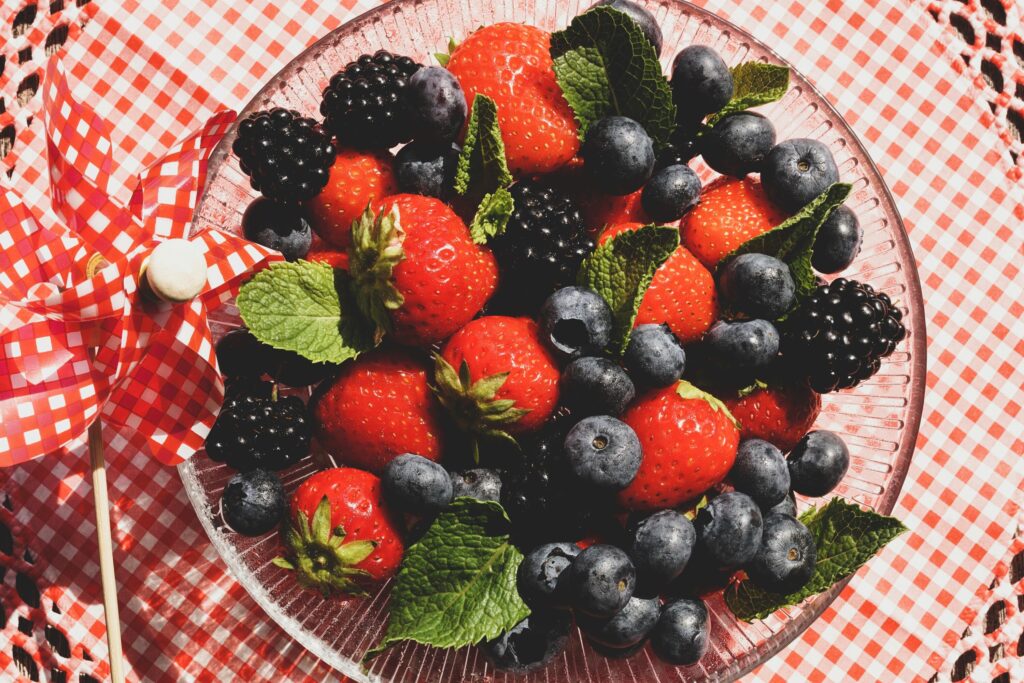Buying produce, and then having it quickly go bad, is a common disappointment for many.
One Israeli startup has developed a solution that keeps fruits and vegetables fresh for longer without changing or adding anything to the produce themselves.
Ness Ziona-based Liva has developed a sticker that when applied to the package, can extend the freshness of fruits and vegetables for up to another seven days.
The sticker was created by Ifat Hammer, co-founder and CTO, drawing on her expertise in food engineering and biotechnology. She figured that instead of modifying the produce itself, “good” bacteria that was already present in the fruit or vegetable could be used to delay the growth of “bad” bacteria.
To do so, she and co-founder and CEO Ifat Peled Dinstag worked on making a four-layered sticker, a little larger than a postage stamp, which contains a proprietary prebiotic formula that attracts “good” bacteria known as bacillus subtilis.
Bacillus subtilis is a bacterium that naturally grows in soil and water, and, unlike many other bacteria, does not possess traits that can cause disease.
“They are considered to be environmental bacteria and the sticker is like a food station for them,” Peled Dinstag tells NoCamels.
The prebiotic in the sticker feeds this bacteria, helping it grow and reproduce quickly. And once it grows, it prevents other harmful bacteria from completely taking over, hence keeping the produce better for longer.
Peled Dinstag explains, however, that harmful bacteria is not killed off and will eventually still grow and cause the produce to go bad. But the difference in the time it takes to decompose is clearly visible when comparing a control group of produce and a group using the Liva sticker.
“We don’t kill [the bacteria], it is very important to say that there is some growth, but it’s not the same rhythm,” she says.
The Liva formula, a trade secret, was the most challenging part for the team. Finding one that could work and bring the desired reaction was complicated.

The formula also takes into consideration water and weather, two factors that often make food go bad faster.
Water helps good bacteria reach the sticker, by stimulating the prebiotic that attracts it, and the moisture found naturally in produce is used in this way.
Sign up for our free weekly newsletter
SubscribePeled Dinstag says that raising the surrounding temperature even by just two degrees can make produce go bad faster, but as long as the sticker is placed on the container, produce can be kept at higher temperatures for longer periods of time.
The most important part for her, she explains, is keeping the taste fresh and unaffected by the sticker. But because the sticker does not modify or add anything to the produce, the taste will maintain its freshness even after most best-before dates have expired.
“It’s not only about the cost, it’s also about the taste,” Peled Dinstag says.
Today, she adds, it is extremely hard for consumers to find really tasty cherry tomatoes or grapes, often because they have been rendered tasteless due to the modifications made in an effort to maintain freshness.
The company, which Peled Dinstag says is unique in its creation, is currently conducting a pilot with a major Israeli supermarket chain, as well as smaller trials in other countries including the US.
The startup envisions a strictly business-to-business model, only working with large-scale sellers of fruit and vegetables who deal with tens of thousands of tons of produce each year.
Liva, which was founded in 2021, is currently funded by venture capital firms and still raising money to further develop its technology.

Peled Dinstag says these developments include cardboard boxes and other produce containers embedded with the same prebiotic formula throughout, which will keep produce fresher for an even longer period of time.
They are also working on new formulas, and so far have successfully developed nine. Out of those nine, they are now focusing on four that help grapes, cherry tomatoes, strawberries and blueberries stay fresh.
Eventually they want to also work with food with close expiration dates like hummus, cheese or bread and not only fruits and vegetables.
“We are here to save the world in a way,” Peled Dinstag says, referring to fears for future food security due to climate change, as well as the stickers reducing the need for non-sustainable packaging for produce and even CO2 emissions due to less frequent resupply to supermarkets.
“We have already begun to understand the importance for humanity and the environment.”
Related posts

Harnessing Our Own Bodies For Side Effect-Free Weight Loss

Israeli Device Is New, Drug-Free Solution For Men Coping With ED





Facebook comments